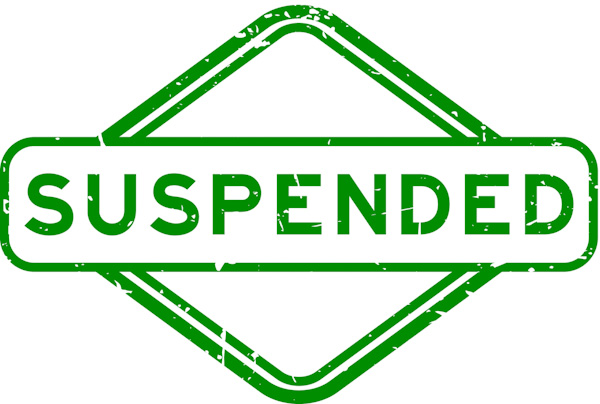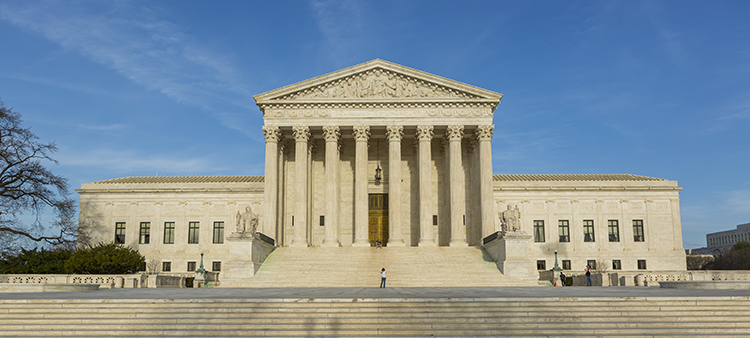Eliot Spitzer Climbs Back on the Soapbox in Slate Column
Former New York Gov. Eliot Spitzer isn’t finished with his crusading ways, despite a prostitution scandal that forced him from office.
Spitzer addresses excessive executive compensation and high mutual fund fees in a Slate column that focuses on a federal appeals court judge’s dissent in a case that is now pending before the U.S. Supreme Court.
The New York Post notes that Spitzer recently made an appearance on the Today show where he called for reform of the financial markets. “A year after being forced from public life, Spitzer is trying to make a comeback as a commentator and advocate in light of the economic meltdown,” the Post says.
The issue in Jones v. Harris Associates concerns the legal standard to be used by mutual fund shareholders who claim financial advisers charged excessive fees. Spitzer notes an opinion by Judge Richard Posner, who dissented from a decision refusing to rehear the case en banc by the Chicago-based 7th U.S. Circuit Court of Appeals.
Posner, known as a law-and-economics judge, questioned the ability of the market to set mutual fund fees and the ability of company boards to police executive compensation, Spitzer writes. Posner said company directors are often CEOs of other companies who naturally think executives should be well paid. And he concluded that evidence of unreasonable compensation could be evidence of a breach of fiduciary duty, Spitzer says.
“Judge Posner’s frank admission of market and management failure may cause courts to rethink the wide berth given to laissez-faire capitalism,” Spitzer writes. He goes on to call on boards and shareholders to “awaken to their duties,” so excessive compensation cases don’t ever need to reach courts.
Previous reports have said Spitzer himself may be a victim of financial wrongdoing; his family’s real estate firm reportedly invested money with Bernard Madoff, who has pleaded guilty to operating a Ponzi scheme causing billions in investor losses.
Chicago-Kent law professor William Birdthistle, who wrote an amicus brief supporting the cert petition in Jones v. Harris Associates, notes Spitzer’s Slate article in an e-mail to the ABA Journal.
“As more and more people recognize and emphasize the connection between high advisory fees and executive compensation, I suspect this litigation will become less a specialized mutual fund case and more a general lightning-rod for the broader debate on the state of the nation’s financial health,” Birdthistle writes.



